The following PHP code does return me a runtime of about 3.5 seconds (measured multiple times and averaged):
$starttime = microtime(true);
exec('/usr/local/bin/convert 1.pdf -density 200 -quality 85% 1.jpg');
$endtime = microtime(true);
$time_taken = $endtime-$starttime;
When i run the same command over a ssh terminal, the runtime is reduced to about 0.6 seconds (measured with the command line tool time).
The version of the imagemagick library is
Version: ImageMagick 6.7.0-10 2012-12-18 Q16 http://www.imagemagick.org
Copyright: Copyright (C) 1999-2011 ImageMagick Studio LLC
Features: OpenMP
What could be the reason for this time difference?
One answer to a similar question here on stackoverflow was that the overhead comes from the Webserver having to start a thread/shell. Could this be really the reason? I thought threads are leightweight and don't take long at all to start/terminate.
Prior to calling exec i set the number of threads used by imagemagick (because this was/is a bug in OpenMP?, Reference) to 1 with exec('env MAGICK_THREAD_LIMIT=1');. The runtime from PHP does not change much, no matter what value i set for MAGICK_THREAD_LIMIT. Anyway there does not seem to be a bug in OpenMP on in this version because the runtime of the command line execution is ok.
Any suggestions of how i could improve the runtime of the above command would be greatly appreciated.
Thank you very much for your help.
